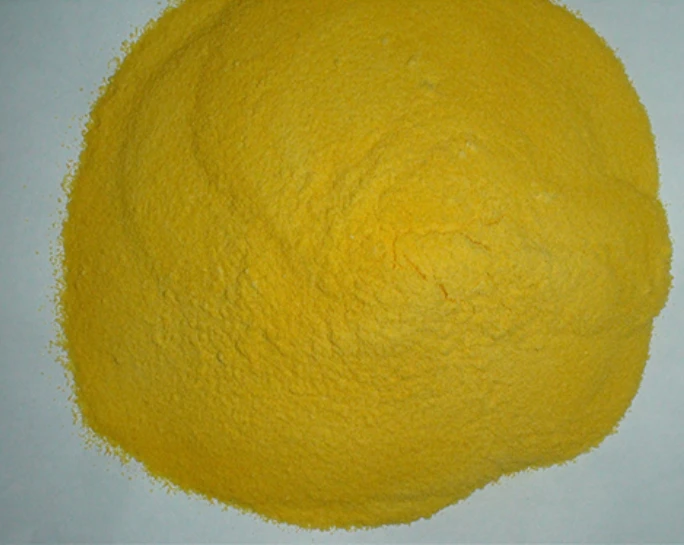Water Treatment Solutions for Scale Prevention and Control Using Inhibitors
Scale Inhibitor Water Treatment A Comprehensive Guide
Water is an essential resource for various industries, households, and agricultural applications. However, the presence of minerals like calcium and magnesium can lead to scale formation, resulting in significant operational inefficiencies, increased maintenance costs, and even equipment damage. This is where scale inhibitors play a crucial role in water treatment processes. In this article, we'll explore the importance of scale inhibitors, how they function, and the benefits they bring to water treatment systems.
Understanding Scale Formation
Scale formation occurs when dissolved minerals precipitate out of water, typically due to temperature changes, pressure variations, or evaporation. Common places where scale can accumulate include boilers, heat exchangers, cooling towers, and pipes. The formation of scale can lead to reduced heat transfer efficiency, corrosion, and even complete system breakdown.
Role of Scale Inhibitors
Scale inhibitors are chemical compounds that prevent or reduce the formation of scale deposits. They achieve this by modifying the properties of the minerals in the water, making it difficult for them to crystallize and adhere to surfaces. These inhibitors can be categorized into two main groups threshold inhibitors and crystal growth inhibitors.
1. Threshold Inhibitors These work by maintaining the solubility of scale-forming minerals in water, even at concentrations that would typically lead to precipitation. They inhibit the nucleation (initial formation of crystals) and growth of scale.
2. Crystal Growth Inhibitors These compounds interfere with the formation of scale crystals, making them more stable and less likely to adhere to surfaces. By modifying the crystal structure, they ensure that the scale remains suspended in the water rather than forming hard deposits.
Types of Scale Inhibitors
Various chemical formulations serve as scale inhibitors, including
scale inhibitor water treatment

- Phosphonates Widely used in industrial applications, phosphonates are effective against calcium sulfate and calcium carbonate scaling. - Polyacrylic Acids These are water-soluble polymers that efficiently inhibit the growth of scale crystals. - Organic Acids Citric acid and other similar organic compounds are often used to prevent scale formation in various applications.
Benefits of Using Scale Inhibitors
1. Improved Efficiency By preventing scale formation, scale inhibitors help maintain the efficiency of heat transfer equipment and other systems, leading to lower energy consumption and operational costs.
2. Reduced Maintenance The use of scale inhibitors minimizes the frequency and costs associated with cleaning and maintenance of equipment, extending the life of machinery and reducing downtime.
3. Environmentally Friendly Many modern scale inhibitors are biodegradable and pose minimal environmental risk compared to traditional chemical treatments.
4. Versatility Scale inhibitors can be used in various applications, including industrial water systems, cooling towers, reverse osmosis systems, and even in household water treatment systems.
Application in Water Treatment Systems
The application of scale inhibitors can vary depending on the system and water chemistry. In cooling water systems, for example, scale inhibitors are often injected into the system continuously or as needed based on monitoring the water quality. In boilers, the choice of inhibitor may depend on factors such as temperature and pressure conditions.
Conclusion
Scale formation can have serious implications for water treatment systems, impacting efficiency and overall operational costs. Utilizing scale inhibitors is an effective method to prevent scale deposits, protect equipment, and enhance the longevity of water systems. By understanding the different types of scale inhibitors and their mechanisms, industries can make informed decisions about their water treatment processes. As technology advances, the development of more effective and environmentally friendly scale inhibitors continues to evolve, providing valuable solutions in the fight against scale formation in water systems. Embracing these innovations not only leads to better performance but also contributes to sustainable practices in water management.
-
Pbtc Scale InhibitorPBTC: A Scale Protector for Industrial Water TreatmentNewsAug.05,2025
-
Organic Phosphonate: An Efficient Defender in the Field of Scale InhibitionNewsAug.05,2025
-
Hydrolyzed Polymaleic Anhydride: Green Pioneer in Scale Inhibition FieldNewsAug.05,2025
-
PAPEMP Polyamino Polyether Methylene Phosphonic Acid For SaleNewsAug.05,2025
-
Flocculant Water Treatment: A Pioneer in Purification in the Field of Water TreatmentNewsAug.05,2025
-
Benzyl Isothiazolinone: An Efficient and Broad-Spectrum Antibacterial Protective GuardNewsAug.05,2025





